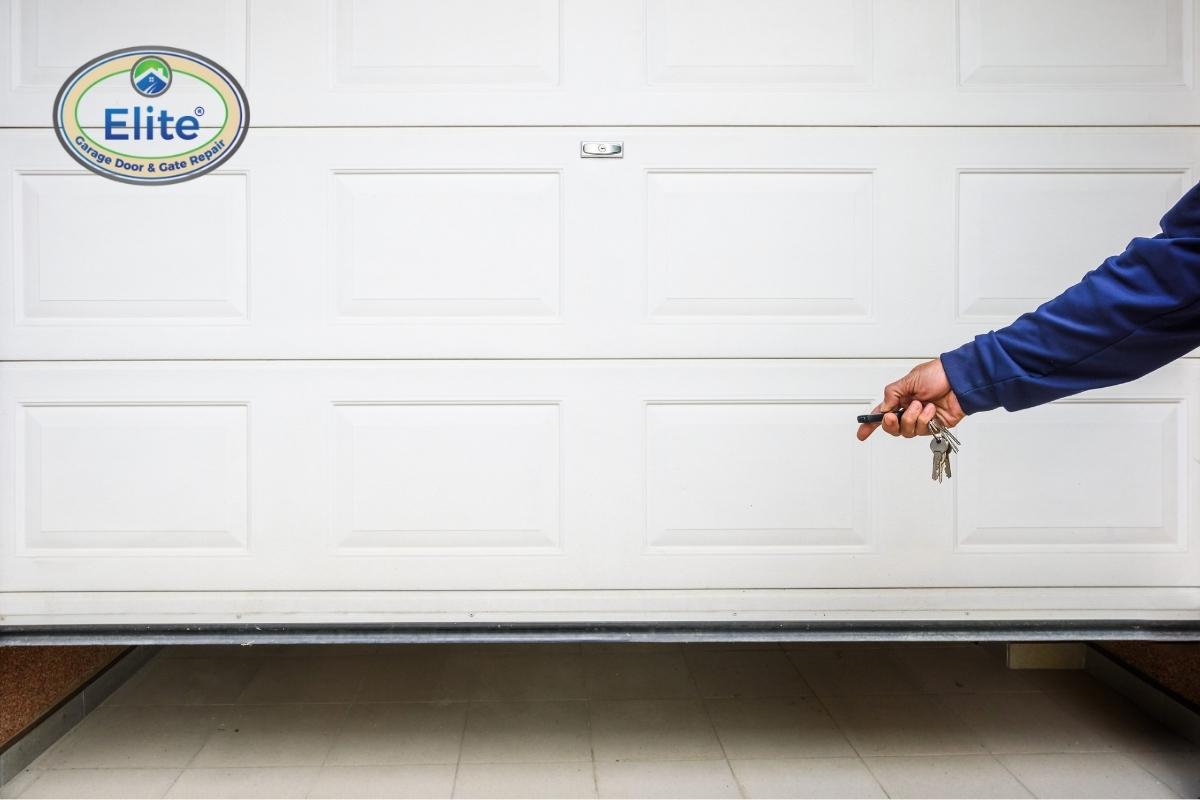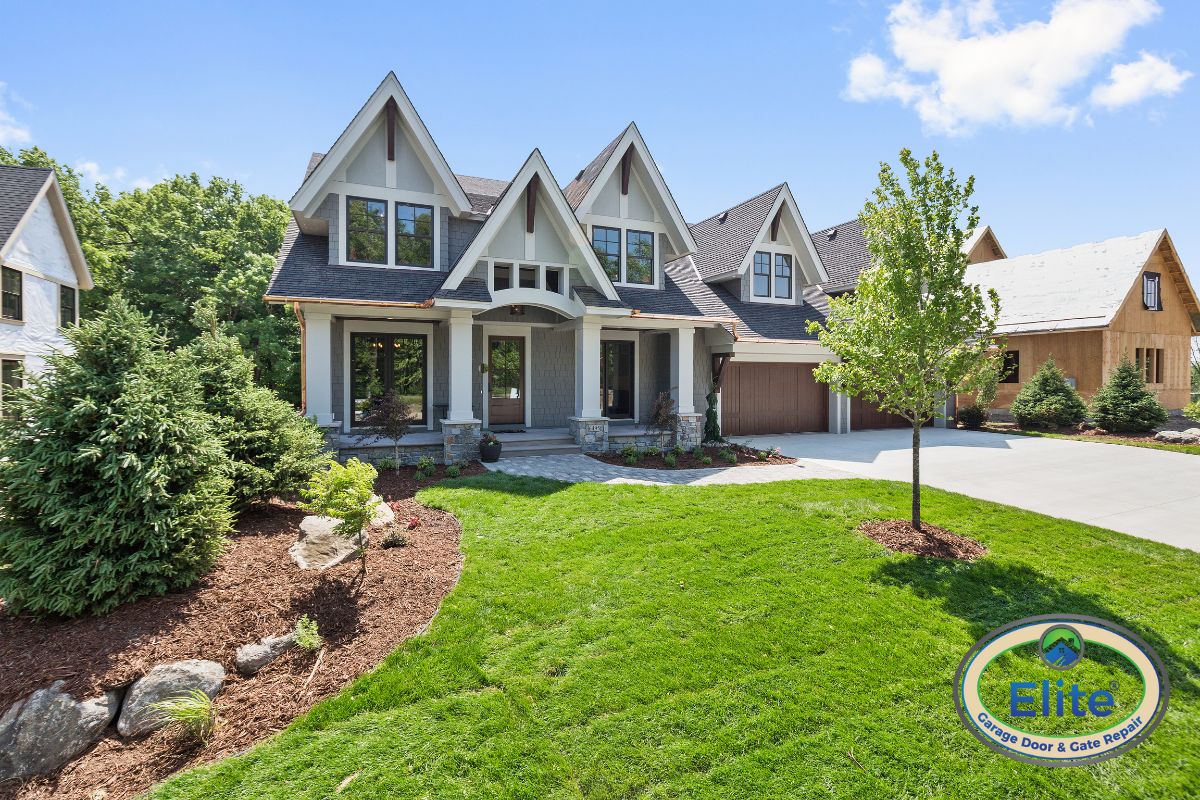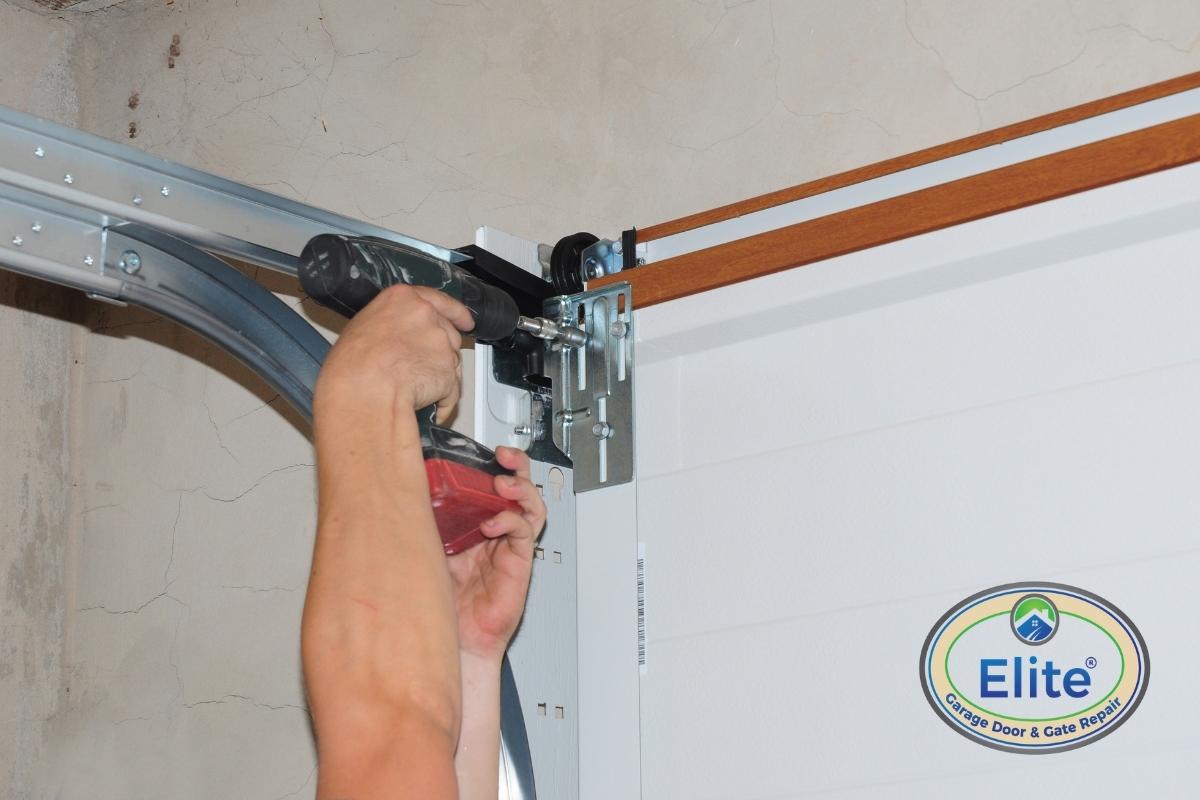Reducing Noise from Garage Door Rollers and Tracks: A Comprehensive Guide
The incessant clanking and rattling of a garage door can be more than just a nuisance; it can disrupt peace and quiet within the home and annoy neighbors.
Fortunately, there are several strategies homeowners can employ to minimize noise from Garage Door Rollers and tracks. In this guide, we’ll explore effective solutions for quieting your garage door and restoring tranquility to your living space.
Table of Contents
Understanding the Sources of Noise
Before delving into solutions, it’s essential to understand the primary sources of noise in garage door operation. Typically, the noise originates from two main components: the rollers and the tracks.
- Rollers: Rollers are pivotal in facilitating the smooth movement of the garage door along the tracks. Over time, rollers may accumulate dirt and debris, leading to friction and noise during operation. Additionally, worn-out or improperly lubricated rollers can produce squeaks and creaks as they move along the tracks.
- Tracks: Garage door tracks guide the rollers as the door opens and closes. Misaligned or damaged tracks can cause the rollers to scrape against the metal, resulting in loud, unsettling noises. Furthermore, vibrations from the door’s movement can reverberate through the tracks, amplifying the overall noise level.

Understanding the Sources of Noise
Effective Solutions for Noise Reduction
Now that we’ve identified the primary culprits behind noisy garage doors, let’s explore practical solutions for minimizing noise and restoring peace and quiet to your home environment.
1. Upgrade to Quieter Nylon Rollers
Consider replacing your existing metal rollers with quieter nylon rollers. Nylon rollers operate more smoothly and produce less noise than their metal counterparts. They also require less frequent lubrication, contributing to a quieter and low-maintenance garage door system.
2. Proper Lubrication of Rollers and Tracks
Regular lubrication is crucial for maintaining smooth and quiet garage door operation. Apply a high-quality silicone-based lubricant to the rollers, hinges, and tracks to reduce friction and minimize noise. Be sure to clean the tracks thoroughly before lubricating to remove any accumulated dirt or debris that could impede smooth movement.
3. Install Vibration-Dampening Materials
To mitigate the transmission of vibrations through the tracks and reduce noise, consider installing vibration-dampening materials. These materials, such as rubber or foam insulation strips, can be affixed to the tracks or mounted between the garage door opener and the ceiling to absorb vibrations and minimize noise transmission.
4. Tighten Loose Hardware and Fasteners
Loose hardware and fasteners can contribute to excess noise by allowing components to rattle and vibrate during garage door operation. Regularly inspect and tighten all nuts, bolts, screws, and brackets to ensure that they are securely fastened and stable.
5. Address Track Misalignment or Damage
Misaligned or damaged tracks can cause the garage door rollers to scrape against the metal, resulting in loud noises during operation. Inspect the tracks regularly for signs of misalignment, dents, or bends, and address any issues promptly. Use a level to ensure that the tracks are properly aligned, and consider hiring a professional technician if extensive repairs are needed.
6. Consider Installing a Quieter Garage Door Opener
In addition to addressing noise from rollers and tracks, consider upgrading to a quieter garage door opener. Belt-driven openers are known for their whisper-quiet operation compared to chain-driven models, making them an excellent choice for homeowners seeking a peaceful garage environment.

Effective Solutions for Noise Reduction
Conclusion
By implementing these effective solutions for Noise Reduction, homeowners can enjoy a quieter and more peaceful garage environment.
Numerous strategies exist for minimizing noise from garage door rollers and tracks, such as upgrading to quieter nylon rollers, applying lubricant to reduce friction, or installing vibration-dampening materials.
By addressing the root causes of noise and taking proactive measures to maintain smooth operation, homeowners can restore tranquility to their living spaces and enjoy the convenience of a quiet garage door system.




Leave A Comment